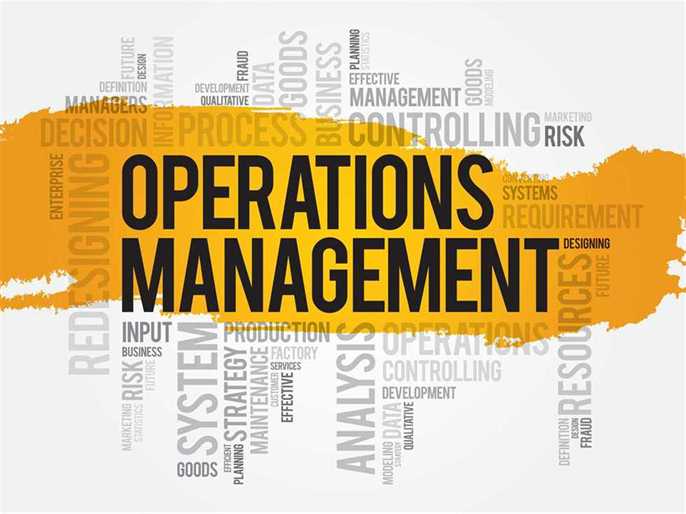Operations management is anything but simple, so the advice we give can only be somewhat generic.
Nonetheless, these five tips should help you get your business operations running as smoothly as possible, no matter what your industry is.
Make and Remake Your Production Plan
When everything is going according to plan, your business may begin to wonder why they even need an operations manager – and that’s when you know you’ve succeeded. There’s a lot that goes into a production plan, from forecasting how the market will shift to finding your bottlenecks and reducing their impact or eliminating them. When your business goals shift, so too must your production plan. Much like a business plan, production planning is not a one-time event.
Use Metrics and Data
First, do a careful evaluation of your business’s KPIs. Do they accurately reflect the needs and goals of the business? Could some KPIs be merged, and other KPIs eliminated altogether? Speak with executives and managers from all the different departments, and make sure you’re narrowing in on the right metrics.
To know whether or not the KPIs you’ve set are being met, you need great data coming in from every department. You want data on how often equipment needs maintenance. You want data on how long the average call is taking in customer care. You want data on how the market is trending, and how those trends could affect purchase costs. When it comes to gathering data, automation is your friend.
Communication is Key
When you have a production plan in place, you’ve decided what metrics you need to evaluate, and you know the data you want to gather, you need to communicate this information to management and other stakeholders. Keep things relatively simple, and opt for visual and verbal communication. You should communicate key ideas in person via presentation, and send stakeholders key documents directly from and associated with that presentation so they always know what their role is. Furthermore, communicate any changes made to the plan to relevant parties.
Ask a lot of Questions
As the operations manager, you need to know about every part of the business – there’s a reason many operations managers end up being CEOs at some point in their careers. Knowledge is power, and no one can expect you to know literally everything, so don’t hesitate to ask questions. Don’t understand why a process is in place? Ask. Confused by a particular standard or practice? Ask. The more you ask, the more you know.
Focus on Processes
It can be tempting to try to automate everything, especially when you encounter bottlenecks that you think could be mitigated through efficiency. Resist the temptation to jump to automation. When the process itself is confusing or roundabout, automation may just add more steps to an already overladen process.
Creating the most efficient budget possible is an important step in process planning. A reliable accountant in Winnipeg can help you identify unnecessary or superfluous expenditures, and tighten your budget into a well-oiled machine.

